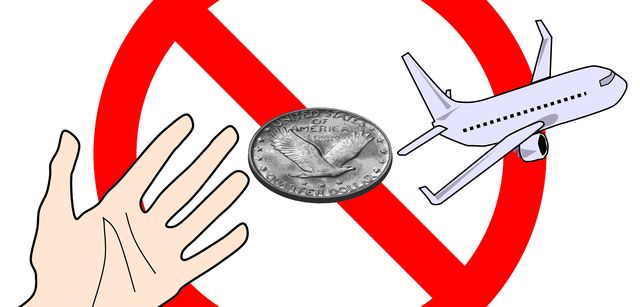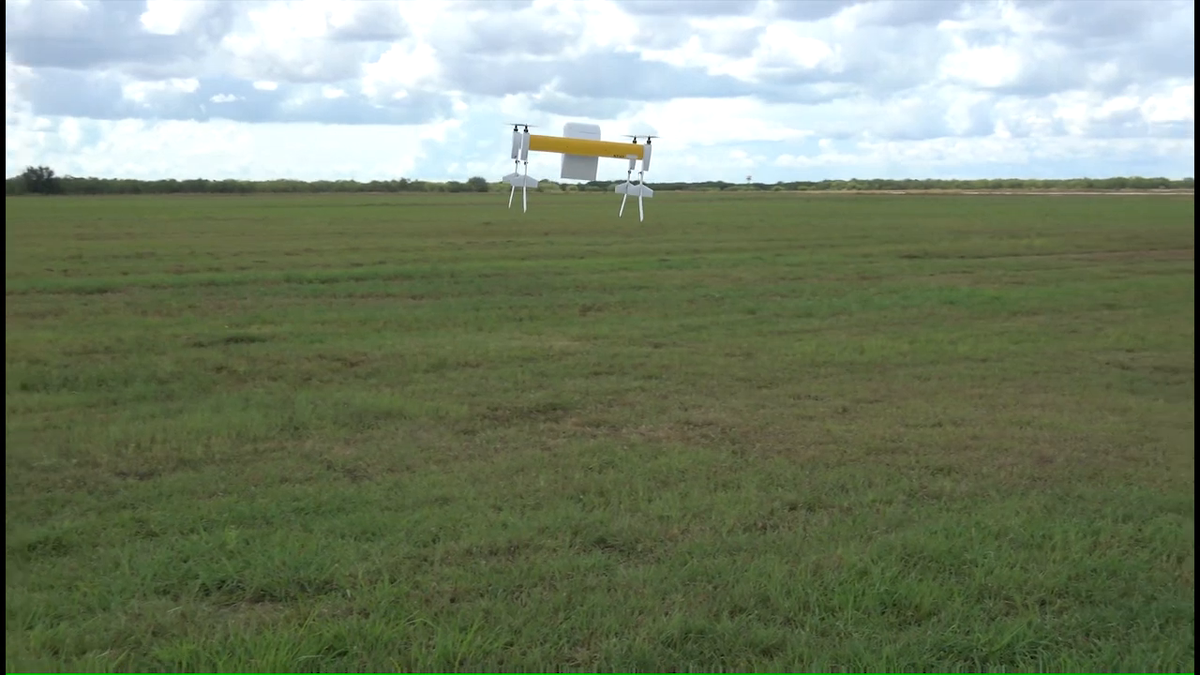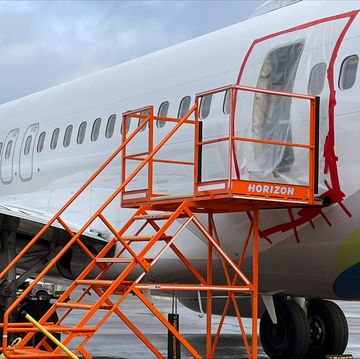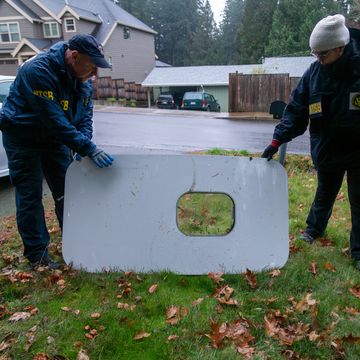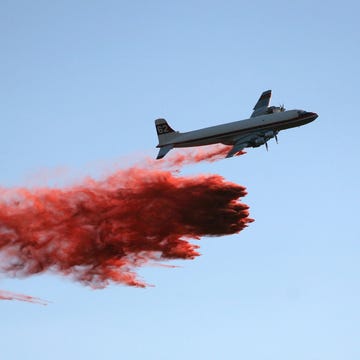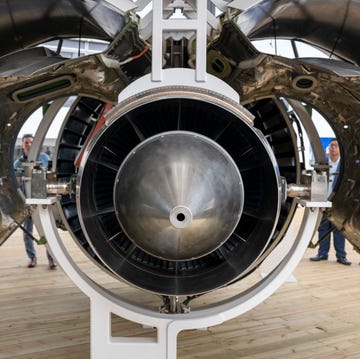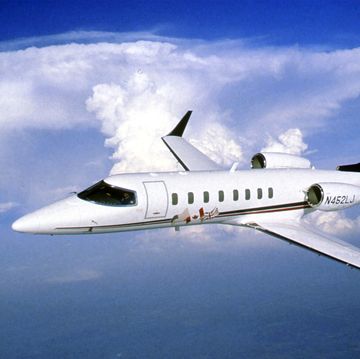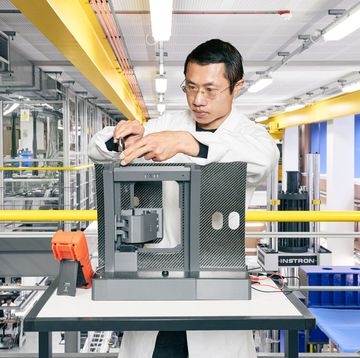- A Chinese man was detained by police and slapped with hefty fines after he tossed loose change at an airplane that he was boarding for good luck.
- Lu Chao spent 10 days in holding and has to fork over the equivalent of $17,000 in court fees and reparations to Lucky Air.
- Don't throw coins at planes. We asked an aerospace engineer to explain why.
Last year, a Chinese man was hit with a hefty fine—the equivalent of around $17,000—after he threw coins at a plane engine. It was Lu Chao’s first time on a plane, the South China Morning Post reports, and so the virgin traveler wanted a little bit of good luck before his maiden voyage. Instead of tossing a penny in a fountain, Lu chucked a few 1-yuan coins at an Airbus A320neo. Seems pretty innocuous, right?
Maybe Lu’s stunt was simple superstition, but after airport employees found the coins near one of the plane’s engines, the airline canceled the already-boarded flight and authorities detained Lu for 10 days for disturbing public order.
Lucky Air ultimately sued Lu for damages; you try finding a bunch of stranded passengers backup flights and accommodations. Lu, for his part, argued the airline's maintenance costs were excessive and that it should have warned passengers not to throw coins at planes—which suggests, as the South China Morning Post points out, that throwing coins at planes is apparently a regular thing in the Far East.
We were obviously amused by the strange news story, but more importantly, we were fascinated. Our question: Could a couple of small coins really do any significant damage to a giant plane?
To find out, we turned to Javid Bayandor, the founder and director of the Crashworthiness for Aerospace Structures and Hybrids (CRASH) Lab in the Department of Mechanical and Aerospace Engineering at the University at Buffalo.
Although aircraft are designed to handle certain debris, like birds, Bayandor says they're decidedly not designed to have coins lodged inside them.
Think of it as if you were throwing a coin in a mixer. "The mixer is meant to break down butter and sugar and other ingredients," Bayandor says—not metals like copper, zinc, and nickel. Engines, then, "are meticulously designed for the conditions we expect them to face," he says. "This includes things like hail and water at high speeds. It doesn't include coins."
Coins are obviously small, but they can become hazardous projectiles if they spit out the back of the engine. Consider this formula: impulse = mass x velocity, where impulse denotes a change in momentum of the coin. Since plane engines move at incredibly high speeds, the resulting impulse would essentially weaponize the coin in the off-chance that it did get lodged into the engine.
“Even if it’s a tiny item, tossing an object into an operational plane engine—given the sheer speed alone—could cause a drastic event,” says Bayandor. (He does note that it would be rare for the coin to make it all the way through the engine in the first place and that while it remained in the engine, it would continue causing further internal structural damage).
Depending on the level of damage, Bayandor says opening and repairing an engine is a highly involved process that could take weeks, or even months, to complete.
So if you're thinking of blessing your flight with a lucky coin toss, here's the dead simple advice: don't. Yes, airplane engines are incredibly durable, but "throwing any kind of debris, especially something like a coin, is foolish and so dangerous," Bayandor says. "It jeopardizes the aircraft and the people on board."
When in doubt, just keep the change.

